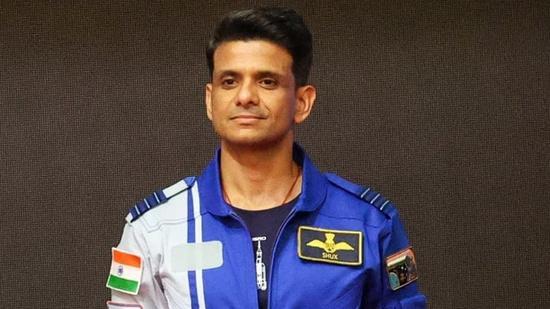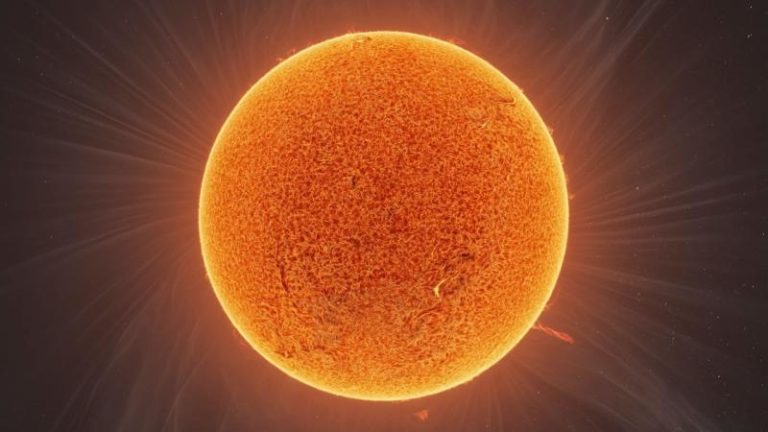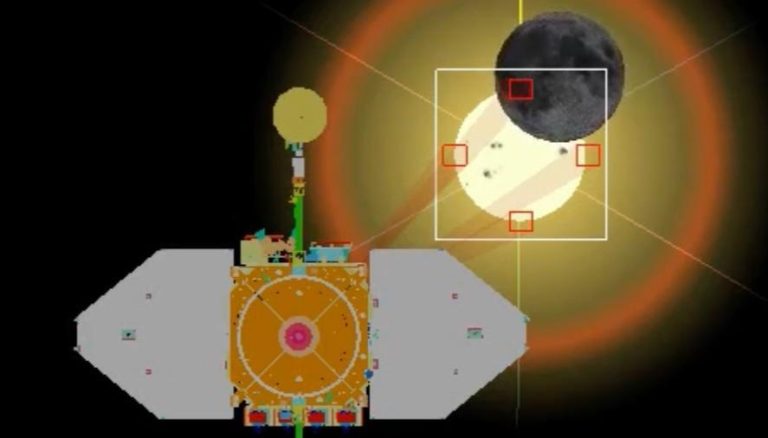
Indian Astronaut Shubhanshu Shukla to Fly to ISS on May 29
India is set to make history on May 29 when Indian Air Force Group Captain Shubhanshu Shukla will blast off aboard a SpaceX Dragon spacecraft to the International Space Station (ISS) as part of the Axiom Mission 4. This marks a significant milestone for Indian space exploration as Group Captain Shukla will become the first Indian astronaut to fly to the ISS. He will be accompanied by three other astronauts on this 14-day mission, which will be a testament to India’s growing presence in space exploration.
Axiom Mission 4 is a commercial mission to the ISS, which is a habitable artificial satellite in low Earth orbit. The mission is being carried out in collaboration with NASA and other international space agencies. The SpaceX Dragon spacecraft, which is scheduled to launch at 10:33 PM IST from Florida, will carry the four astronauts to the ISS, where they will conduct scientific experiments, maintain the station’s systems, and perform other critical tasks.
Group Captain Shukla, a seasoned pilot with over 3,000 hours of flying experience, has been training for this mission for several years. He is a graduate of the Indian Air Force Academy and has flown a range of aircraft, including the Sukhoi-30MKI fighter jet. He was selected by the Indian Space Research Organisation (ISRO) in 2020 to join the Astronaut Training Programme, which is a rigorous training programme designed to prepare astronauts for space travel.
The Axiom Mission 4 is the fourth mission in the Axiom Space programme, which aims to send private astronauts to the ISS. The mission is being funded by Axiom Space, a private space company that is working with NASA to develop commercial spaceflight capabilities. Axiom Space has partnered with SpaceX to launch the Dragon spacecraft, which will carry the astronauts to the ISS.
The ISS is a unique scientific laboratory that has been in operation since 2000. It is a collaborative project between space agencies around the world, including NASA, Roscosmos, JAXA, ESA, and CSA. The station is used to conduct scientific research, test new technologies, and provide a platform for space exploration.
The Axiom Mission 4 will be a significant milestone for India’s space programme, which has made rapid progress in recent years. In 2014, India launched its first spacecraft to Mars, Mangalyaan, which successfully orbited the planet. In 2019, India launched its first lunar mission, Chandrayaan-1, which included a lunar rover and orbiter. India is also planning to launch its first human spaceflight mission, Gaganyaan, in 2022.
The success of the Axiom Mission 4 will not only mark a significant milestone for India’s space programme but also pave the way for future Indian astronauts to fly to the ISS. The mission will also provide valuable experience and expertise for Indian space agencies and private space companies, which will be essential for future space exploration missions.
In conclusion, the launch of Group Captain Shubhanshu Shukla aboard the Axiom Mission 4 is a significant moment for Indian space exploration. It marks a major milestone for India’s space programme and demonstrates the country’s growing presence in space exploration. The mission will be closely watched by space enthusiasts and experts around the world, who will be eager to see the success of this historic mission.






